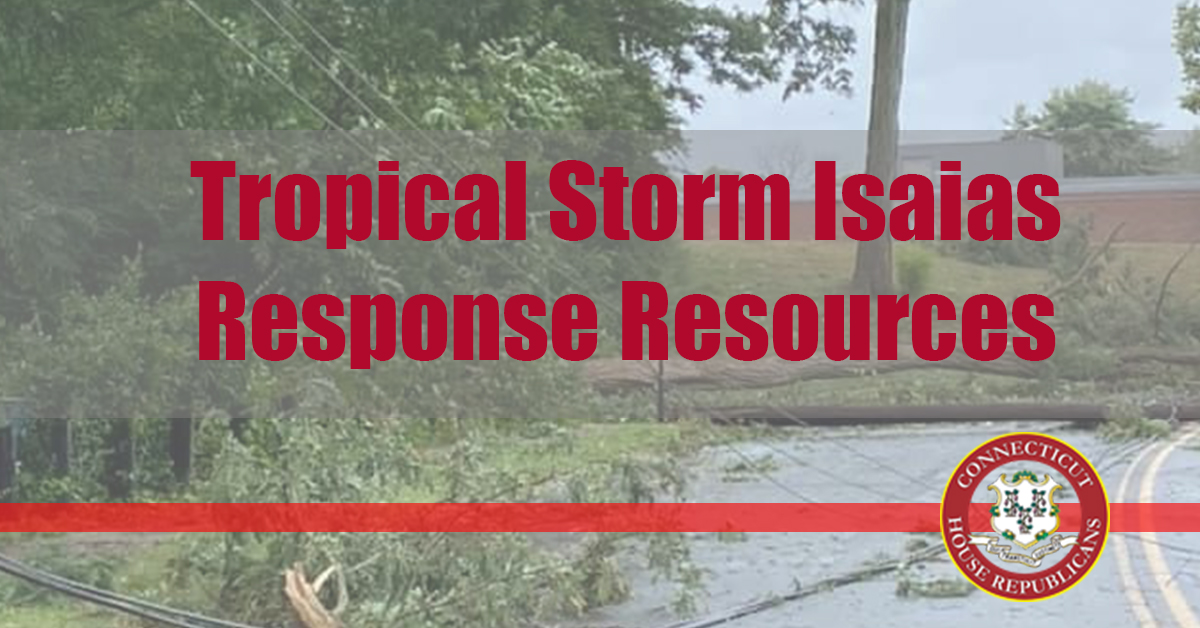
Posted on August 6, 2020



How to Report and Review the Status of an Outage
Reminders to Safely Use Generators During Power Outages
A generator can be a great backup plan if the power goes out, but it must be used safely. Taking the proper precautions can help protect you, your family, your neighbors and our crews working to restore power.
Proper use tips:
- Always run the generator outdoors and as far from the house as possible.
- Make sure the generator is kept away from doors, windows and air vents to avoid potentially fatal carbon monoxide poisoning. Installing a carbon monoxide detector in your home can help you avoid a buildup of these toxic fumes.
- Turn off the main power switch in your home before operating the generator.
- Gasoline is highly flammable. Be sure that the generator is turned off before adding fuel.
- Keep children and pets away from the generator at all times.
- All equipment and appliances being powered by the generator should be turned off before the generator is shut down.
- Your generator should always be turned off while sleeping and when you are away from home.
Click here for Dept. of Public Health safety tips on avoiding carbon monoxide poisoning.
Traveling Safely
Road & Traffic Updates:
For updates on road closures and other traffic alerts, please visit: cttravelsmart.org. CT Travel Smart is a traveler information service that gives you free live traffic reports and commuter service information in Connecticut.
Rail & Bus:
The state’s rail and bus services are running, but schedules may be impacted or changed as a result of Tropical Storm Isaias. Check the bus or rail service in your area by clicking the links below.
Insurance Claims
The Connecticut Insurance Department offers the following guidelines for filing storm claims:
Immediately Following the Disaster:
- Make temporary repairs or arrange for a qualified professional to do so. Take photos of the damage and remove personal property if your home cannot be secured. Do not dispose of property until an insurance adjuster has reviewed it for your claim. Many policies include reimbursement for storage costs incurred until your home is repaired.
- If you can still live in the home, talk with your agent about critical repairs that need to be made. Whether you make the repairs or hire someone, save the receipts for your claim.
- If you need to find other lodging, keep records of expenses and all receipts. Homeowners and renter’s insurance generally provide limited coverage for expenses like: meals, rent, utility installation and transportation.
Click here for additional information and instructions.
Food Storage During a Power Outage
According to the USDA, your refrigerator will keep food safe for up to 4 hours during a power outage. Keep the door closed as much as possible. Discard refrigerated perishable food such as meat, poultry, fish, eggs, and leftovers after 4 hours without power.
After a power outage never taste food to determine its safety. You will have to evaluate each item separately—use this chart as a guide. When in Doubt, Throw it Out!
